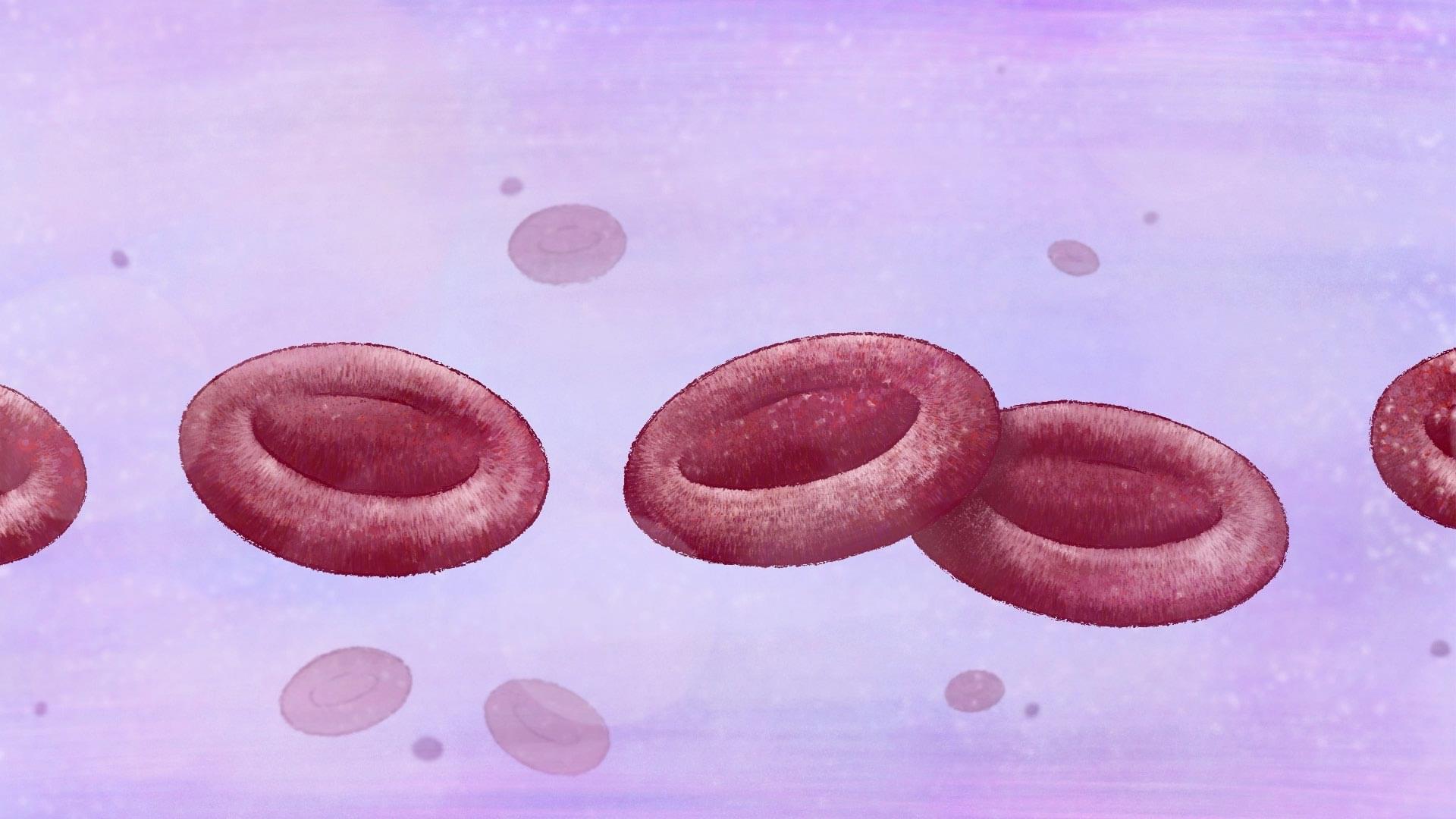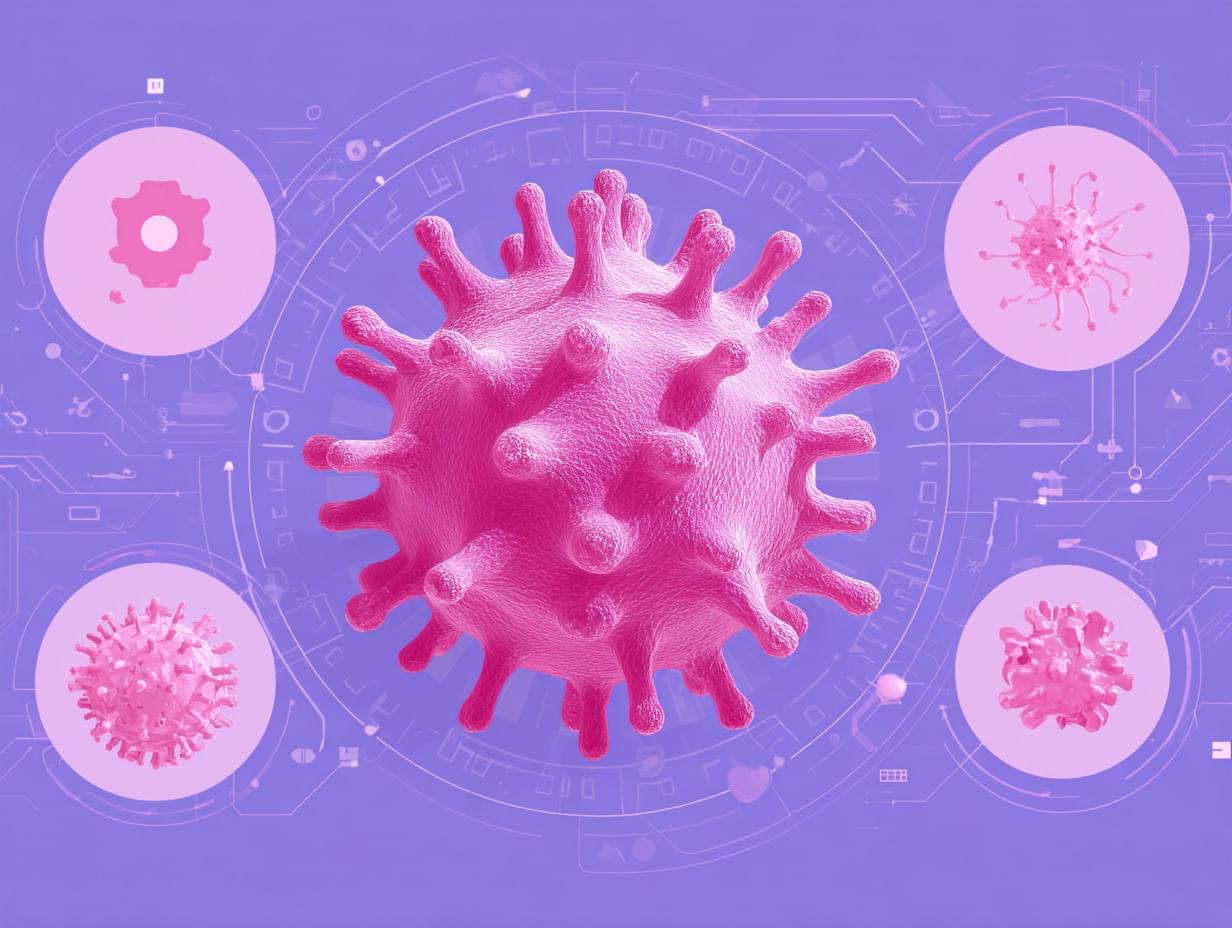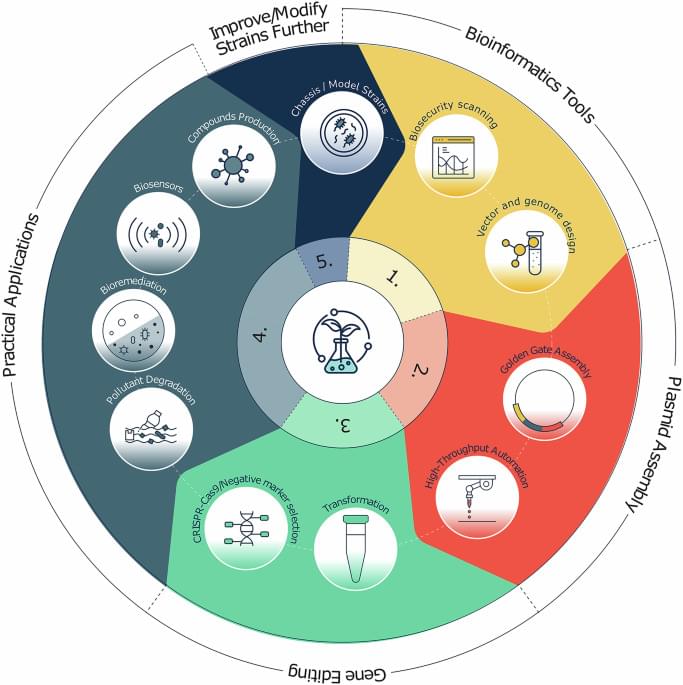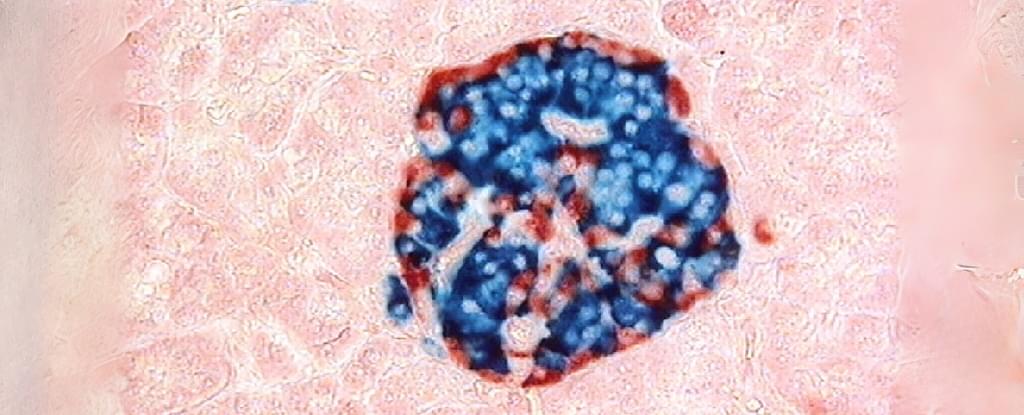Repositioning genes awakens fetal hemoglobin to treat disease. CRISPR editing may change future gene therapy.
Researchers have discovered a promising new approach to gene therapy by reactivating genes that are normally inactive. They achieved this by moving the genes closer to regulatory elements on the DNA known as enhancers. To do so, they used CRISPR-Cas9 technology to cut out the piece of DNA separating the gene from its enhancer. This method could open up new ways to treat genetic diseases. The team demonstrated its potential in treating sickle cell disease and beta-thalassemia, two inherited blood disorders.
In these cases, a malfunctioning gene might be bypassed by reactivating an alternative gene that is usually turned off. This technique, called “delete-to-recruit,” works by altering the distance between genetic elements without introducing new genes or foreign material. The study was conducted by researchers from the Hubrecht Institute (De Laat group), Erasmus MC, and Sanquin, and published in the journal Blood.








